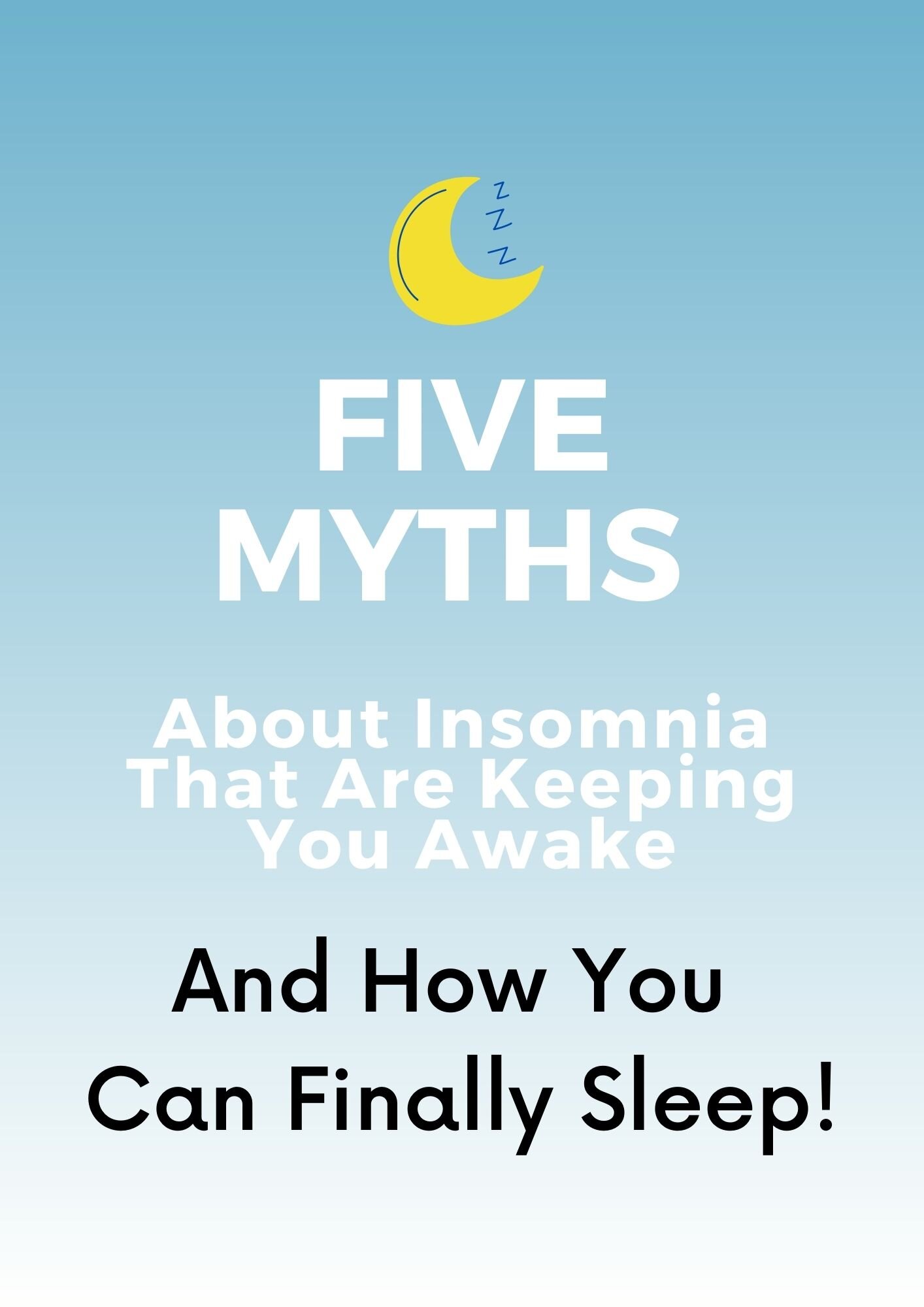What exactly is insomnia?
I’ve heard quite a lot of people say “I have insomnia,” but did you know that not everyone who struggles with sleep actually has insomnia? According to the National Sleep Foundation, insomnia can be described as “Difficulty falling asleep or staying asleep, even when a person has the chance to do so.” Insomnia can either be acute or chronic.
Acute insomnia occurs for a short period of time, and is often because of something happening in your life. For example, a new baby, a relocation, temporary change in your work schedule, short term stress or a death in the family. After the stressful situation has passed, your sleep will sometimes return to normal.
Chronic insomnia on the other hand, is insomnia that occurs about three times a week and lasts for about three months. This is typically the type of insomnia that I see in my practice. Sometimes this type of insomnia is caused by physical health problems, anxiety, depression, medication side effects, or even one’s environment. Individuals with chronic insomnia often feel frustrated and discouraged from the constant lack of sleep. They might notice impairment in their work and it could even affect their relationships and energy levels.
Now that you know about acute and chronic insomnia, let’s talk about the criteria for insomnia according to the DSM 5, which is the Diagnostic and Statistical Manual of Mental Disorders, 5th edition. It’s essentially the encyclopedia for mental health disorders:
A) Being dissatisfied with the quantity or quality of sleep and with the following symptoms:
1) Difficulty initiating sleep.
2) Difficulty maintaining sleep (waking up frequently and having difficulty going back to sleep upon awakening).
3) Waking up early in the morning and not being able to go back to sleep.
B. The disturbance in sleep causes a significant impairment in your social, educational or occupational functioning. This means you might be falling asleep at work, you might not go out with friends because you’re too tired or you might make mistakes at work.
C. The difficulty with sleep occurs for at least 3 nights a week.
D. The difficulty with sleep occurs for at least 3 months.
E. Difficulty sleeping despite opportunities to sleep. This means even though you have a cozy bed and an opportunity to lay down, you still are unable to sleep. This is quite different from someone who cannot sleep because he or she does not have a place to sleep due to homelessness, war or an unsafe situation.
F. The insomnia cannot be explain by another sleep disorder (such as narcolepsy or a breathing disorder). Sometimes one might think one has insomnia, but upon visiting the doctor, you might realize that you have problems with your breathing or you might even have another sleep disorder, which better explains your sleep woes.
G. The sleep disturbance isn’t being caused by substance use. Some substances such as alcohol or stimulants might actually keep you up for long periods of time or disturb your sleep long term.
H. Other mental health disturbances aren’t causing the difficulty sleeping. Sometimes other mental health disorders such as generalized anxiety, phobias, panic disorder, depression or Bipolar disorder could better explain the reason why you’re not sleeping.
So there you have it. A detailed explanation of what insomnia is. If you have read through the above criteria, and you believe you are struggling with insomnia, there is hope. CBT for insomnia is the gold standard for insomnia treatment. If you’re in the Murrieta/Temecula area and you’re ready to get the best sleep of your life, call 951-905-3181 for your free 15 minute phone consultation to see if CBT for insomnia is right for you. I also provide online insomnia treatment for people within California. Get the sleep you deserve now.

